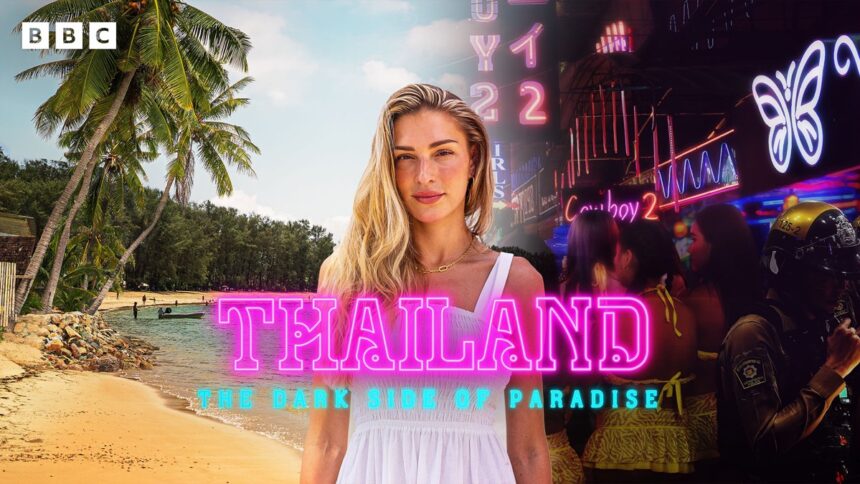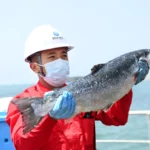BANGKOK – The BBC is facing massive backlash after it released the trailer for its woke one-sided documentary, Thailand: The Dark Side of Paradise, led by Zara McDermott. At 28, McDermott is best known from reality TV and Strictly Come Dancing.
The three-episode series set out to look at the problems lurking behind Thailand’s tourism, such as sex tourism, crime, and drugs in places like Bangkok, Ko Phangan, and Phuket. What followed was a strong negative reaction, especially towards the trailer.
Thai residents, expats, and viewers from abroad criticized the BBC for painting a negative and exaggerated picture of Thailand, saying it relied on old stereotypes while neglecting the country’s rich culture and level of safety. Many also believed McDermott’s lack of journalistic background hurt the series’ quality.
The BBC itself was further criticized for what some see as a long history of bias in its reporting, especially about Asian countries. People compared this with its track record on UK issues, such as its handling of grooming gang scandals and sexual assault cases involving staff.
This analysis looks at the backlash through comments, including those reported in The Nation, and discusses it in the wider context of criticism against the BBC.
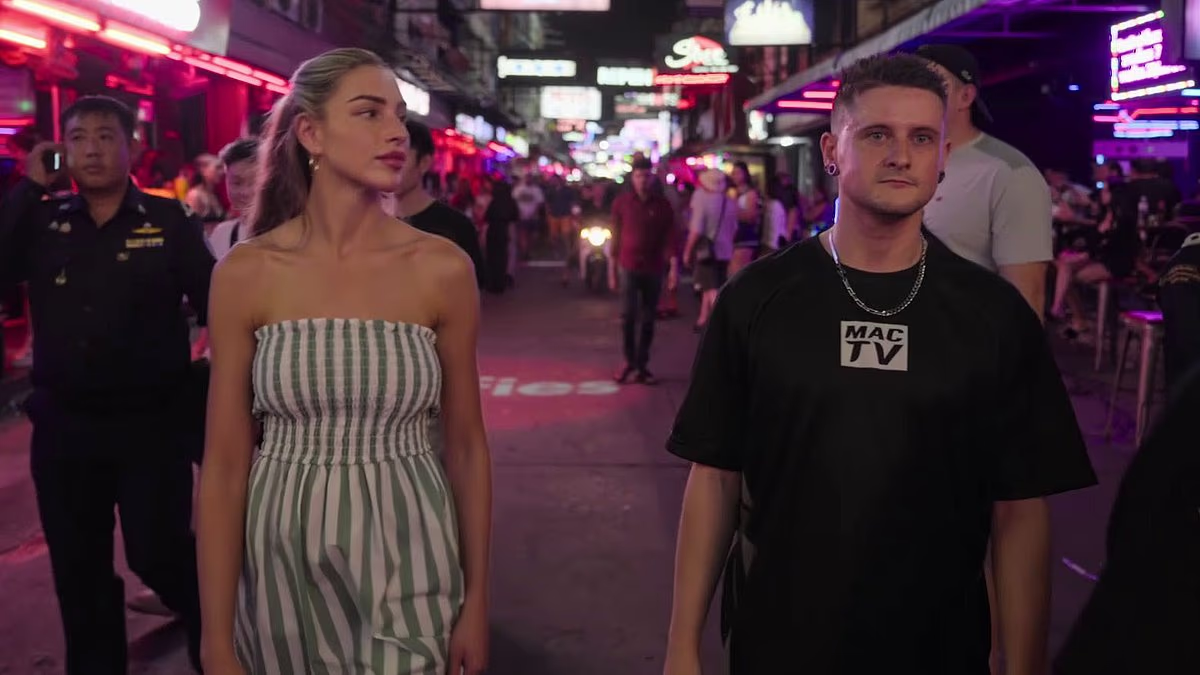
The Documentary’s Content and Immediate Reaction
Produced by South Shore Productions, Thailand: The Dark Side of Paradise follows McDermott as she visits top tourist areas while shining a light on difficult aspects of the local tourist trade.
The show’s trailer, published on TikTok and Instagram, put the spotlight on crime, drugs, and sex work, showing McDermott in Bangkok’s nightlife hotspots such as Soi Cowboy. It also included a line calling Thailand “Benidorm on steroids, cheap, cheerful, and full of women,” which caused widespread offence for being simplistic and degrading.
The backlash was swift and strong. Social media platforms are filled with complaints, from The Nation’s online comments to Reddit and beyond. Most people condemned what they saw as an unbalanced and misleading account of Thailand.
A BBC TikTok teaser attracted over 800 replies, with the majority criticizing the video’s tone. Both foreign visitors and long-term expats defended Thailand as safe and welcoming, accusing the BBC of hyping up negative headlines. “Bangkok and the ‘dark side’?
I’ve strolled around Thailand at 4 a.m. with my phone, no problems, but I’d never do that in the UK,” wrote one. Another added, “I’ve lived here five years and rarely see crime.” The Nation’s reporting mirrored this feeling, pointing out a global reaction that the documentary unfairly portrayed Thai safety and traditions.
Thai people felt especially let down. Many said the focus on crime and sex tourism covered up the honest daily efforts of millions working in tourism and hospitality. As one comment on The Nation read, “Millions work in the hospitality sector here.
Hardworking families depend on their wages. Of course, they care about their country’s image, especially when it’s being misrepresented.” There was clear worry that this coverage could hurt Thailand’s important tourist economy.
British expats and other foreigners living in Thailand also spoke up. A resident with both British and German citizenship who has lived there for over two decades wrote on Reddit, “One-sided documentaries like this confirm I was right to leave the UK. I consider it a privilege to respect the culture and traditions here.”
Many compared the experience of living or visiting Thailand to cities in the UK, saying they felt much safer wandering around places like Phuket or Bangkok at night. These voices all shared a strong disappointment at what they saw as selective and unfair reporting by the BBC.
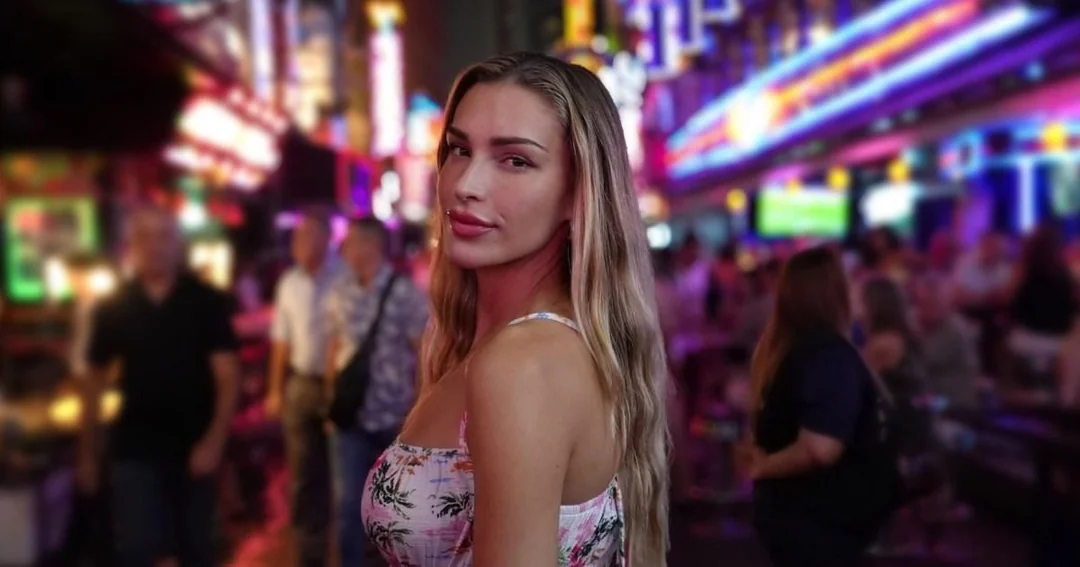
McDermott’s Lack of Experience
One of the main reasons for the outcry was the BBC’s choice of presenter. McDermott, once a Love Island contestant, now hosts documentaries about difficult social issues. Still, her lack of training and experience in investigative reporting raised many eyebrows.
Critics online and in The Nation’s comments questioned why the BBC did not use a seasoned journalist for a subject so complex and sensitive. As one user wrote, “Why would the BBC put such a serious topic in the hands of someone without journalism experience?” Another pointed out the irony of McDermott partying at hedonistic events, then turning around to criticize Thailand’s nightlife.
McDermott responded, saying she felt compassion for women in the Thai sex trade and hoped to share their stories. “My work on violence against women helped me have difficult talks with sex workers,” she said. “I feel for anyone pressured into this risky industry.”
Still, much of the audience felt her lack of professional background meant a short-sighted and slanted approach.
The controversy brought back old accusations of bias in the BBC’s coverage of Asia. Many pointed to the network’s history of focusing on the negative when reporting on countries outside the West, while often ignoring similar issues at home.
The Nation reported that the BBC “has long faced allegations of racial, regional, and political prejudice in its coverage, particularly towards Asian countries.” Viewers picked up on the series’ intense spotlight on Thailand’s sex trade and crime, saying it recycled dated and unhealthy images of exoticism.
Comments frequently described the BBC’s reporting as patronizing, with some saying it seemed to look down on non-Western societies. Broadsheet Asia observed that the BBC ignored female sex tourism in the Caribbean or Africa, calling this a double standard.
The documentary’s picture of Thailand as a land of cheap pleasure ignored the country’s real diversity: its traditions, economy, and people. A Thai reader commented, “Thailand relies on tourism and deserves fair reporting.” It’s a call for more even-handed coverage from Western outlets.
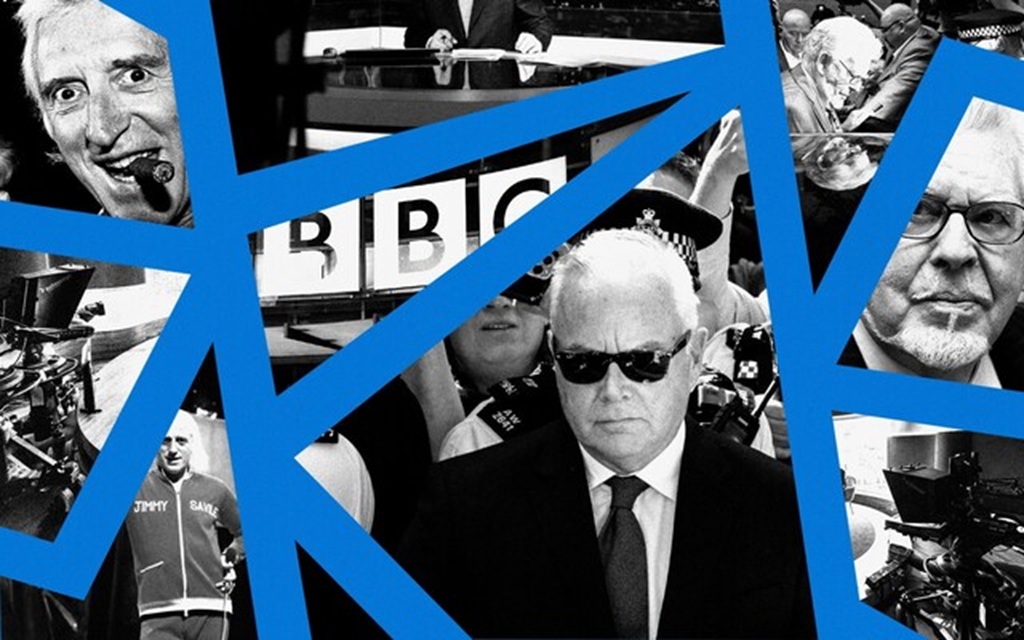
The BBC’s Own Scandals and Double Standards
The reaction to the documentary was sharpened by fresh criticism of the BBC’s behaviour at home. For years, the broadcaster has been accused of not addressing widespread child grooming gangs in the UK.
Scandals in towns such as Rochdale, Rotherham, and Telford have raised questions, and some believe the BBC has underreported these stories to avoid dealing with sensitive cultural issues. As one commenter put it, “What about the thousands of victims of grooming gangs here? These stories are as important as any international topic.”
Sexual assault cases involving BBC staff, such as Jimmy Savile, Rolf Harris, Chris Denning, and the recent allegations against presenter Huw Edwards, have also cast a long shadow. Even though these issues are unrelated to the Thailand series itself, many see them as a reason to doubt the broadcaster’s moral stance or priorities. Broadsheet Asia remarked that this background adds to the country’s skepticism over the BBC’s output.
Viewers saw the focus on Thailand’s sex tourism, while the BBC’s own organization has struggled with scandals, as hypocritical. As someone commented on The Nation’s site: “The BBC criticises Thailand, but ignores their own problems? They’ve hidden predators for years.”
This feeling added to the perception that the broadcaster lacked the credibility to pass judgment abroad.
Claims of Misleading Content
Further complaints targeted how the documentary was put together. British YouTuber Mac, who appeared in the series, accused the BBC of twisting his words and moving him to different locations to fit their narrative.
He said producers pushed him to say things he did not mean and challenged McDermott’s story about a near-arrest by the Thai police, calling it staged. Mac said he went along “for exposure and subscribers,” but insisted, “Everything they told me was ‘BS’.”
The supposed near-arrest, used in the trailer as a dramatic moment, drew particular criticism. McDermott claimed she was threatened by police in Soi Cowboy despite having permits, but Mac and viewers cast doubt, saying it seemed exaggerated for effect.
The Thai Examiner wrote that critics felt these scenes “exaggerated reality for entertainment purposes.” Many saw this as another case of Western shows distorting foreign countries for dramatic value.
The fallout from Thailand: The Dark Side of Paradise touches on bigger questions about how Western media talk about Southeast Asian countries. Although Thailand’s Tourism Authority has not made an official announcement, earlier reactions to bad press show how sensitive the country is about its image.
Social media now means bad coverage travels fast, making it vital to balance honest reporting with respect for local culture. The Nation observed that the strong reaction to the BBC series shows how important Thailand is to many expats and tourists, and why people are so invested in fair coverage.
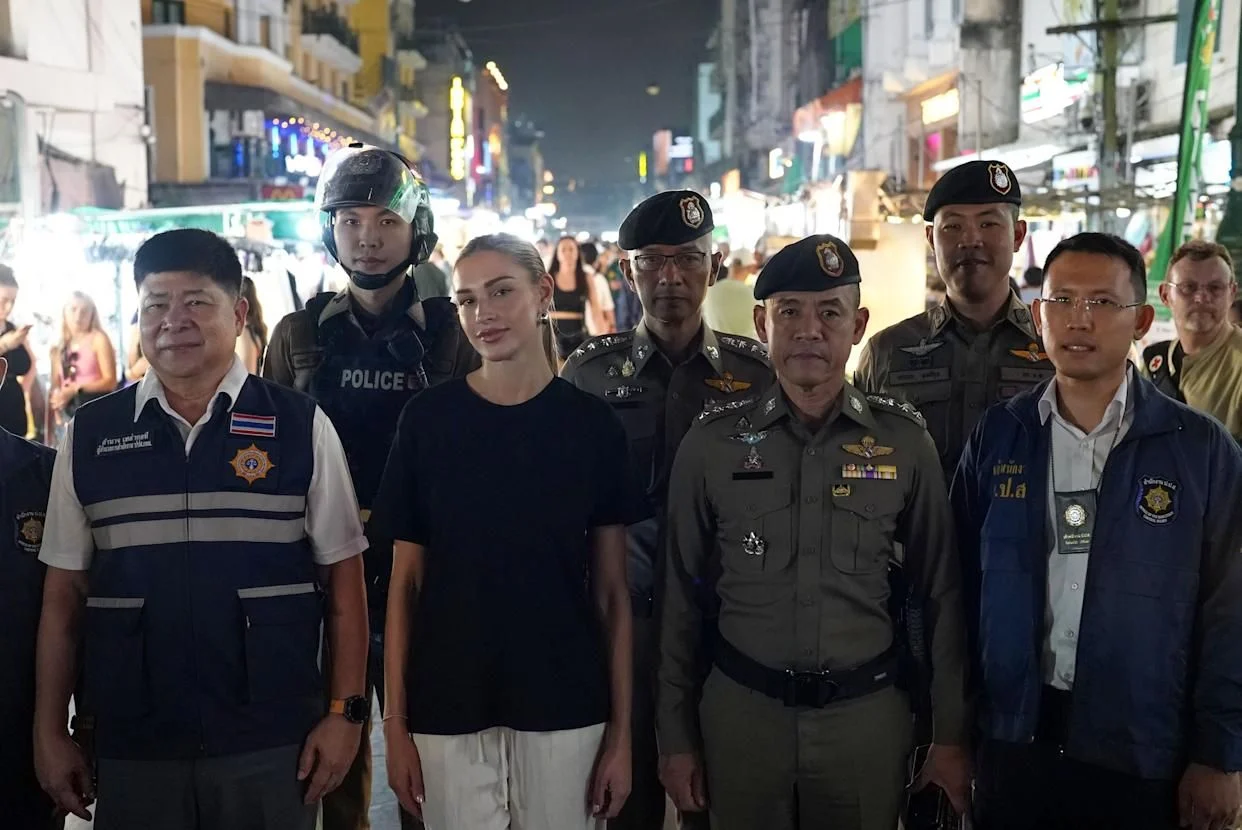
Strong Criticism from Locals
Many viewers said the show focused too much on risk and vice, ignoring Thailand’s strong points—its hospitality, relative safety, and lively culture. They wanted to see more balanced programmes that showed both challenges and bright spots.
As a commenter wrote in The Nation, “Amazing people, completely safe, and the most interesting place I’ve been. Feels like a reach for views. Show the whole country please.” The desire is clear: people want reporting that recognizes the richness of Thai life.
Thailand: The Dark Side of Paradise triggered strong criticism from locals, expats, and regular viewers who felt let down by the BBC. Many called the show’s focus one-sided, saying it misrepresented Thailand and ignored the warmth and safety experienced by millions of visitors and residents.
The decision to have Zara McDermott as host, combined with claims of misleading editing, further eroded confidence in the BBC’s judgment. Added to that was the network’s history of prejudice in its coverage of Asia and lack of openness about failures at home.
Online comments and articles captured a prevailing sense of disappointment among people who care about Thailand and its reputation.
This situation is a powerful reminder for news providers: covering topics responsibly means showing respect, fairness, and awareness for all sides. The way this debate unfolds highlights how quickly the public can challenge media organizations and shape the story.




